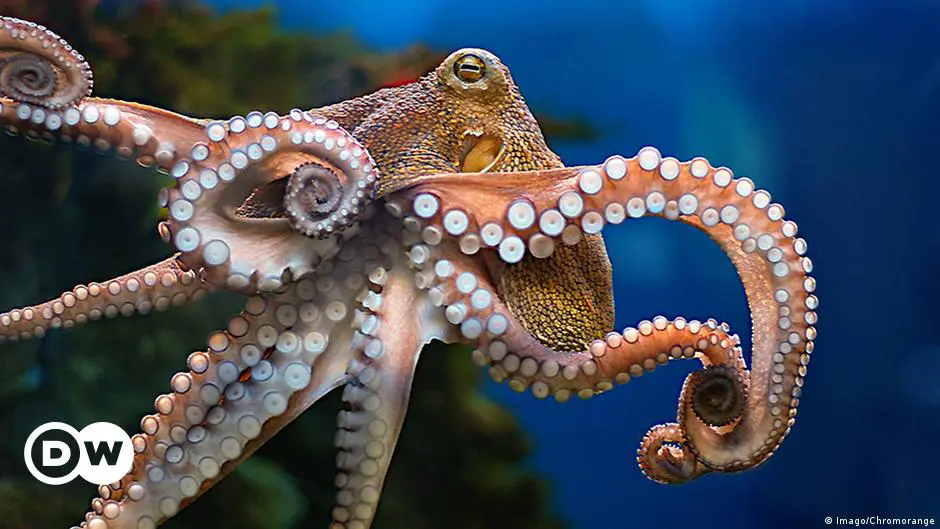Scientists have published an article in the journal Progress in Biophysics and Molecular Biology, entitled “The Cause of the Cambrian Explosion – Earth or Space?” in which the origin of life on earth is studied, writes BGR. The article states that life on Earth began thanks to a rain of retroviruses that literally fell on it from space. These retroviruses then insert new DNA sequences into the earth’s genomes, which scientists say has led to additional genetic mutations.
Scientists also claim that some cephalopods, such as octopuses and squid, came to Earth and fell on it – frozen. “Therefore, it cannot be ruled out that frozen squid and / or octopus eggs arrived in ice cubes hundreds of millions of years ago,” the article said. The authors of the article say that octopuses and other creatures have biological traits derived from “some kind of previous life.” The thesis that life began somewhere other than on Earth is not new. In 2018, Stephen Fleischfreser theorized that the ubiquity of the seed of life in space was talked about in ancient times. However, this is the first time scientists have actually claimed that octopuses came from space. Keith Baverstock, a scientist at the University of Eastern Finland who reviewed the article, said there was a lot of evidence to suggest that octopuses were aliens.
Wickramasinghe and Hoyle also happened to be responsible for another space biology thesis. Only this one is based on more than just the origins of organic chemistry.
The Hoyle Wickramasinghe (H-W) thesis of Cometary (Cosmic) Biology makes the rather simple claim that the direction of evolution has been significantly affected by biochemistry that didn’t start on our planet.
In Wickramasinghe’s own words, “Comets are the carriers and distributors of life in the cosmos and life on Earth arose and developed as a result of cometary inputs.”
Those inputs, Wickramasinghe argues, aren’t limited to a generous sprinkling of space-baked amino acids, either.
Rather, they include viruses that insert themselves into organisms, pushing their evolution into whole new directions.
The report, titled “Cause of Cambrian Explosion – Terrestrial or Cosmic?”, pulls on existing research to conclude that a rain of extra-terrestrial retroviruses played a key role in the diversification of life in our oceans roughly half a billion years ago.
“Thus retroviruses and other viruses hypothesised to be liberated in cometary debris trails both can potentially add new DNA sequences to terrestrial genomes and drive further mutagenic change within somatic and germline genomes,” the authors write.







